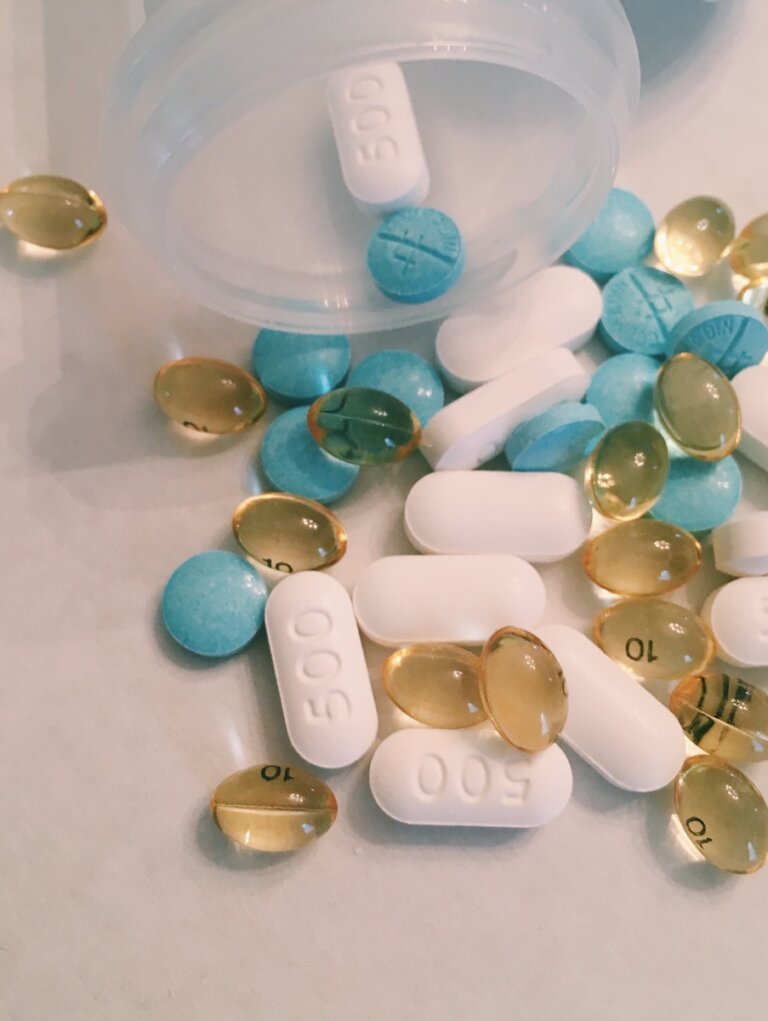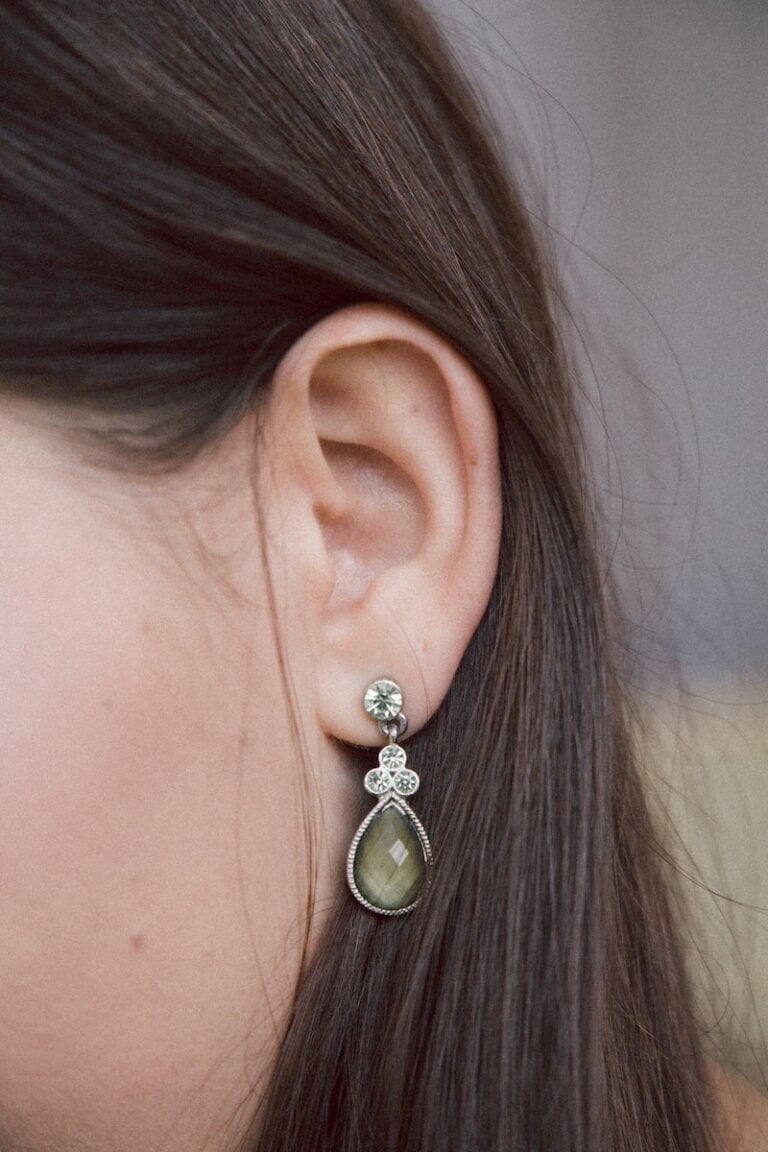Nourishing Your Ears: Nutrients for Healthy Ear Function
The importance of our ears cannot be emphasized enough. They play a vital role in our daily lives, allowing us to hear and perceive the world around us. Just like any other part of our body, our ears also require proper care and nourishment to ensure optimal functioning. In this article, we will explore the essential nutrients that contribute to healthy ear function and discuss the ways to incorporate them into our diet.
Nutrients for Healthy Ears
-
Omega-3 Fatty Acids: Omega-3 fatty acids are essential for our overall health, including brain health and reducing inflammation. Research suggests that these fatty acids may also help protect against age-related hearing loss and enhance overall ear health. Incorporating sources like fatty fish (salmon, mackerel, sardines), flaxseeds, chia seeds, and walnuts into our diet can provide us with an adequate amount of omega-3 fatty acids. These foods are rich in omega-3 fatty acids, specifically DHA (docosahexaenoic acid), which is known to support the health of the auditory system.
-
Vitamin C: Vitamin C is well-known for its immune-boosting properties, but it also plays a crucial role in maintaining healthy ear function. It helps prevent ear infections, which can lead to hearing loss if left untreated. Additionally, vitamin C has antioxidant properties that protect the delicate tissues of the ears from damage caused by free radicals. Citrus fruits (oranges, grapefruits, lemons), strawberries, kiwis, and bell peppers are excellent sources of vitamin C. Including these foods in our diet can help support the health of our ears.
-
Vitamin E: Vitamin E is a powerful antioxidant that helps protect the delicate tissues of the ears from damage caused by oxidative stress. It promotes circulation and prevents the formation of free radicals that can harm the auditory system. Including foods rich in vitamin E such as almonds, sunflower seeds, spinach, and avocados in our diet can contribute to maintaining healthy ear function. These foods not only provide vitamin E but also offer other beneficial nutrients that support overall ear health.
-
Zinc: Zinc is an essential mineral that plays a crucial role in the proper functioning of our immune system. It also aids in repairing damaged ear tissues and is involved in the production of proteins and DNA that are necessary for the auditory system. Studies have shown that zinc supplementation may improve hearing in individuals with certain types of hearing loss. Oysters, beef, poultry, beans, nuts, and whole grains are excellent sources of zinc. Including these foods in our diet can help ensure we are getting an adequate amount of this important mineral.
-
Magnesium: Magnesium is a mineral that helps regulate blood flow to the ears and prevents age-related hearing loss. It also acts as a natural vasodilator, improving circulation and reducing the risk of tinnitus (ringing in the ears). Green leafy vegetables (spinach, kale), nuts, seeds, and legumes are excellent sources of magnesium. Including these foods in our diet can help support optimal ear health by providing sufficient magnesium.
-
B Vitamins: B vitamins, particularly B12, B6, and folic acid (B9), are crucial for maintaining the health of the auditory system. They aid in the production of red blood cells, which carry oxygen to the ears, and help prevent nerve damage in the auditory pathway. Including foods such as eggs, dairy products, poultry, leafy greens, and legumes in our diet ensures an adequate intake of B vitamins. These foods also provide other nutrients that are beneficial for overall ear health.
Tips for Incorporating Nutrients into Your Diet
Now that we know the essential nutrients for healthy ears, let’s discuss some practical ways to incorporate them into our daily diet:
-
Create a Balanced Meal Plan: Planning our meals to include a variety of nutrient-rich foods is key to providing the necessary vitamins and minerals for ear health. Aim for a balanced diet that includes fruits, vegetables, whole grains, lean proteins, and healthy fats. Incorporate specific foods rich in the essential nutrients mentioned above into each meal for optimal ear health.
-
Choose Omega-3 Rich Foods: Including fatty fish like salmon or mackerel in our diet at least twice a week can provide us with a good source of omega-3 fatty acids. If we follow a vegetarian or vegan diet, we can opt for plant-based sources of omega-3 fatty acids such as flaxseeds, chia seeds, and walnuts. These foods can be incorporated into various dishes, such as salads, smoothies, or as toppings for yogurt or oatmeal.
-
Snack on Nutrient-Dense Foods: Incorporating snacks that are rich in vitamins and minerals can help boost our nutrient intake. For example, enjoying a handful of almonds or sunflower seeds as a mid-day snack can provide us with vitamin E. We can also consider incorporating other nutrient-dense snacks such as fruits, vegetables, or yogurt to support our overall ear health.
-
Experiment with Healthy Recipes: Exploring recipes that include ingredients high in the essential nutrients mentioned above can be a fun way to incorporate them into our diet. For instance, we can whip up a colorful salad with spinach, bell peppers, strawberries, and avocado for a nutrient-packed meal. There are also various online resources and cookbooks available that focus on creating recipes for optimal ear health.
-
Consider Dietary Supplements: If we find it challenging to obtain sufficient amounts of certain nutrients from our diet alone, consulting with a healthcare professional about incorporating supplements into our routine can be beneficial. They can guide us on appropriate dosages and ensure that we are meeting our nutritional needs. However, it’s important to note that supplements should not be a substitute for a balanced diet and should only be taken under professional guidance.
Conclusion
In conclusion, nourishing our ears with the right nutrients is crucial for maintaining healthy ear function. By incorporating omega-3 fatty acids, vitamins C and E, zinc, magnesium, and B vitamins into our diet, we can provide the necessary nourishment to support optimal ear health. Remember to create a balanced meal plan, choose nutrient-rich foods, experiment with healthy recipes, and consider dietary supplements if needed. Taking care of our ears today will contribute to better hearing and overall well-being in the long run.
Note: This complete article will be published online and is presented in markdown format.
FAQ
- What are the essential nutrients for healthy ear function?
- The essential nutrients for healthy ear function include omega-3 fatty acids, vitamin C, vitamin E, zinc, magnesium, and B vitamins.
- What foods are rich in omega-3 fatty acids?
- Foods rich in omega-3 fatty acids include fatty fish (salmon, mackerel, sardines), flaxseeds, chia seeds, and walnuts.
- Which foods are good sources of vitamin C?
- Good sources of vitamin C include citrus fruits (oranges, grapefruits, lemons), strawberries, kiwis, and bell peppers.
- What foods are high in zinc?
- Foods that are high in zinc include oysters, beef, poultry, beans, nuts, and whole grains.







